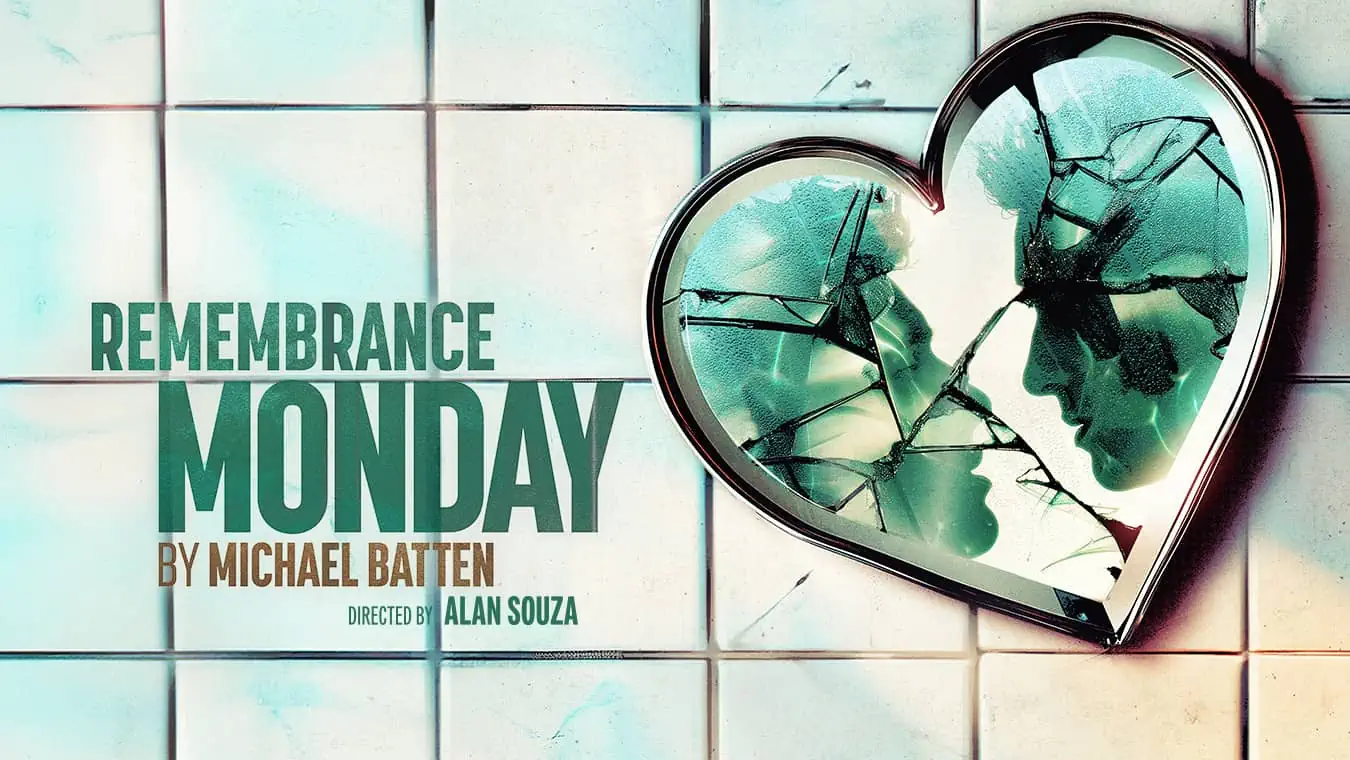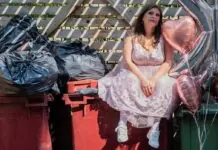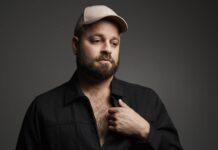THIS IS WHO WE ARE!
The 1980s began with another theatrical sensation. Moral reformer Mary Whitehouse attempted to prosecute National Theatre director Michael Bogdanov for procuring an act of gross indecency as defined by the Sexual Offences Act 1956.
The act took place, it was alleged, in Howard Brenton’s The Romans in Britain (1980) in which a Roman soldier buggers a Druid. The prosecution case collapsed when it was ascertained that Whitehouse’s representative had viewed the act from a back row of the Olivier theatre. What he claimed to be the Roman soldier’s penis was in fact his thumb.
There were further attempts to censor gay material throughout the Eighties. In the US Catholics tried unsuccessfully to ban Sister Mary Ignatius Explains It All For You (1981) by gay playwright Christopher Durang. Robert Chesley’s Jerker (1986) ran into trouble when extracts were broadcast on a Los Angeles radio station. A government body ruled that the broadcast was indecent.
Gay theatre carried on regardless. Aspects of LGBT history fascinated theatregoers. Julian Mitchell’s Another Country (1981) suggests how the English public school system of the 1930s may have bred gay spies like Guy Burgess. Hugh Whitemore’s Breaking the Code (1986) is about gay mathematician Alan Turing, who not only broke the Enigma Code during World War II but also the Sexual Offences Act.
David Henry Hwang’s M. Butterfly (1988) is inspired by the relationship in the 1960s between a French diplomat and a female impersonator from the Chinese opera. Eric Bentley’s Lord Alfred’s Lover (1981) is another play about Wilde. (More were to follow). In 1982 three plays reflected gay life as it was pre-AIDS.
Sidney Morris’ If This Isn’t Love follows a gay relationship over twenty years and culminates in Pride. Kevin Elyot’s Coming Clean is about promiscuity. Most successfully Harvey Fierstein’s Torch Song Trilogy covers everything from backroom sex to gay parenting.
CRISIS INTO DRAMA
Theatre responded to the arrival of a deadly new disease even before its cause was known. Films and TV plays about AIDS came years after Louise Kelley’s Anti Body, first seen in 1983. (Neil Bartlett, soon to become one of the most important activists in gay theatre toured it in the UK).
Plays that followed included Robert Chesley’s Night Sweat (1984); Theatre Rhinoceros’ The AIDS Show (1984); Robin Swados’ A Quiet End (1985); and Gay Sweatshop’s Compromised Immunity (1986). In 1985 William M. Hoffman’s As Is and Larry Kramer’s The Normal Heart both played Broadway.
Kramer’s play was the first about AIDS in London’s West End. By the end of the decade Janet Hood and Bill Russell’s Elegies for Angels, Punks and Raging Queens (1989) was commemorating a few of the tens of thousands already dead.
The disease went on to claim several of the playwrights celebrated in this series, among them Tom Eyen, Robert Chesley, Sidney Morris and Charles Ludlam, as well as the director, both producers and five of the original cast of The Boys in the Band (1968). Theatre was so devastated by AIDS that it produced two decades of plays in which, perhaps understandably, gay men suffered nobly or whose relationships ended tragically.
It now seems that in the 1980s theatregoers wanted to be reassured by shows in which gay men were presented as harmless clowns. It was the decade in which drag moved out of the bars and into big theatres. La Cage aux Folles (1983) opened on Broadway then at the London Palladium.
Theatre was so devastated by AIDS that it produced two decades of plays in which, perhaps understandably, gay men suffered nobly
Danny la Rue played the title role in Hello, Dolly! (1984). Camp comedies included Straight and Narrow (1987) by Jimmie Chinn (1940-2011), in which the gay couple are the nicest and most normal people in the play, and Exclusive Yarns (1988) by Stewart Permutt and Gary Lyons, in which men drag up in honour of their favourite soap characters.
Kevin Elyot was back with Screamers (1989) and appeared in it himself as an old school, gay hairdresser. But his best work was to come in the 1990s.
GREAT GAY PLAYS
La Cage aux Folles (1983)
Love it or loathe it, this glorification of theatrical camp was a blockbuster and very much a gay one. The all-gay team that created it comprised producer Allan Carr, composer Jerry Herman, writer Harvey Fierstein, and director Arthur Laurents (1917-2011), who in the 1950s had been part of the all-gay team that created West Side Story.
Outrageous drag queen Albin proves himself better than uptight hetero moralists the Dindons and stops the show with the song “I Am What I Am”, later a gay anthem. Writer John M. Clum called La Cage “a fantasy version of gay life for tourists.”
The Normal Heart (1985)
Larry Kramer co-founded Gay Men’s Health Crisis in 1982 but left to form ACT UP in 1983. In his play he dramatises his struggle to establish research funding for AIDS, withheld by the Reagan administration allegedly because of the “gay plague” stigma.
Full of anger, emotive speeches and facts and figures, it was a risky project; but the speeches were finely crafted and passionately delivered by a succession of movie stars, among them Brad Davis, Richard Dreyfuss, Martin Sheen and Tom Hulce. The play hit home. A period piece? Not at all. The 2011 Broadway revival won three Tony awards.
Next week 1990’s!









